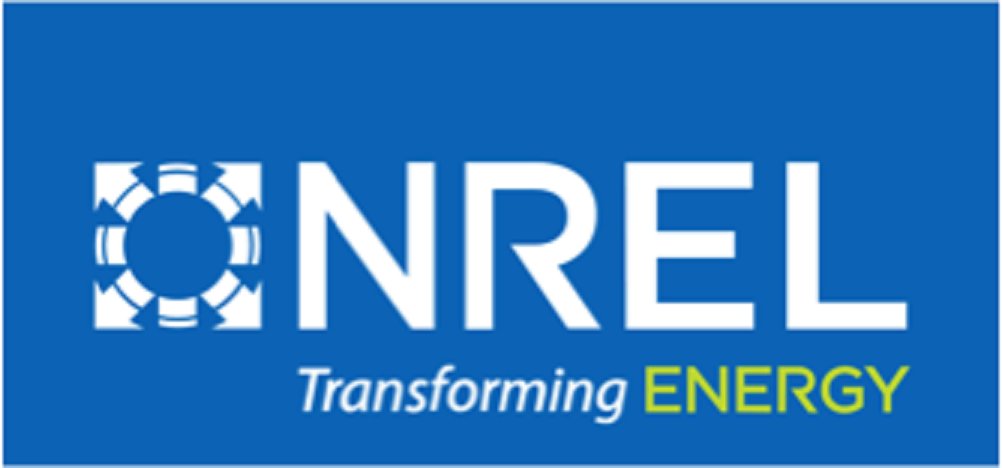NREL: Competitors From Industry Tapped for Drinking Water Challenge
Today, marine energy technologies harness the power of the oceans to solve some of the world’s biggest challenges, including access to clean drinking water.
Now, to advance marine energy technologies further, and integrate them with water desalination technologies, the U.S. Department of Energy’s Water Power Technologies Office (WPTO) and the National Renewable Energy Laboratory (NREL) are broadening the network of potential innovators who can take on this vital challenge. Through the Powering the Blue Economy™ Waves to Water Prize, these innovators are developing novel wave-powered desalination technologies that have the potential to support resilient coastal communities.
The five-stage, $3.3 million Waves to Water Prize competition aims to accelerate the creation of small, modular, cost-competitive desalination systems powered by ocean waves. Such tools are crucial to provide clean drinking water to remote and coastal communities and during disaster recovery. Through this competition, WPTO and NREL seek to inspire community-driven solutions to help accelerate, expand, and evolve what is possible for marine energy.
In February 2021, WPTO selected 10 teams as winners of the competition’s ADAPT Stage. Each team shared a portion of the $800,000 cash prize pool and moved on to the penultimate CREATE Stage. Two of those 10 winning teams, MarkZero Prototypes LLC and Oneka Technologies, are industry veterans, who can now fast-track their ideas, build on preexisting designs, and further explore how to integrate marine energy platforms with desalination systems.
Technologies joined eight other teams in advancing from the ADAPT Stage to the CREATE stage, where they have 180 days to validate their proposed designs, build a functional prototype or proof of concept, and demonstrate the device’s potential success through systematic tests of novel components and subsystems.
The MarkZero team brings together engineers from Connecticut-based MarkZero Prototypes and Ireland’s Sea Power. Over the last several decades, they have designed and built complex offshore marine energy systems, which they installed worldwide—from the Gulf of Mexico to the North Sea. Their rapidly deployable MZSP Freshwater Production System features pivoting arms, inflatable pontoons, an onboard, reverse-osmosis system (which turns saltwater into freshwater), and a constant-pressure, variable-moment pump, all designed to meet the changing demands of diverse ocean conditions.
With their ADAPT Stage winnings, MarkZero improved the sensitivity of their desalination device, so it can capture more energy from ocean waves. The team also tested their device for the first time to prove it produces clean drinking water (it did).
Founded in 2015, Canada-based Oneka Technologies specializes in wave-powered desalination solutions and has iterated on six generations of desalination buoys to ultimately develop their wave-powered water maker, called Oneka Snowflake. Because the compact Snowflake can be assembled without tools, it is easy to install and can produce clean water in most ocean conditions, which is especially important for disaster and recovery situations.
In the CREATE Stage, Oneka is focusing on increasing the Snowflake’s reusability and reliability. So far, they lightened the device to optimize the design’s deployment capabilities during a potential disaster-relief scenario. The team has also started constructing their device in preparation for ocean testing. As they improve and build their device, the team will ask coastal communities for advice on how to make a better Snowflake.
Up to seven CREATE Stage winners will receive part of the $500,000 cash prize pool and will move on to the final stage of the competition, DRINK, where they will have 180 days to build and ship their systems to Jennette’s Pier in Nags Head, North Carolina.
The Coastal Studies Institute of the University of North Carolina system and Jennette’s Pier have partnered with WPTO and NREL to host the prize finalists in North Carolina in April 2022. The pier will serve as the main test site to assess how competitors’ final designs perform during a five-day open-ocean trial.
DRINK Stage competitors will receive additional support from prize sponsors, including Janicki Industries, a full-service engineering and manufacturing company who will consult with teams on how to manufacture their designs. Teams can work with the International Desalination Association, which will connect them with the desalination community and provide access to technical training seminars. Engineering for Change will provide additional support through mentor recruitment and training materials.

